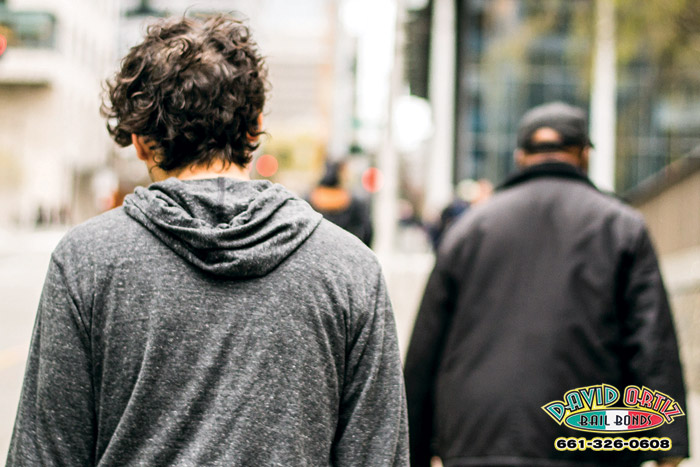
One of the problems with California’s legal system is that sometimes it’s difficult to know that you’re breaking the law. In many disorderly conduct cases, people think they’re just having a good time or being opinionated until the police show up. Sometimes people don’t even know what they’ve done until they hear the charges as the booking officer works through the paperwork.
What is considered disorderly conduct can vary from one state to another. Some cities even have different rules regarding what is and isn’t disorderly conduct.
In California, disorderly conduct is generally considered behavior that irritates, stresses, or alarms those around you. That doesn’t mean your little sister can file disorderly conduct charges against you each time you annoy her while you’re at home. However, if the pair of you are at a bar and you start shouting at her, the other bar patrons will likely call the police and you could be arrested and charged with disorderly conduct.
Most disorderly conduct cases in California involve at least one person who is publicly intoxicated.
In addition to getting too wild while at the bar, California considers the following activities to be forms of disorderly conduct:
- Lewd/lascivious acts
- Soliciting
- Engaging in prostitution
- Loud public arguments
- Invasion of privacy
- Peeping
Sometimes loitering can be an instance of disorderly conduct.
The Consequences Of Disorderly Conduct In California
Disorderly conduct in California is a misdemeanor. If you’re convicted and it’s a first offense, you could be sentenced to six months in jail and/or be charged a $1,000 fine. If you already have disorderly conduct charges on your record, the punishment could be more severe.
In some cases, disorderly conduct can be connected with additional charges, such as:
- Simple assault
- Trespassing
- Public Intoxication
Disorderly Conduct Defenses In California
Putting together a good defense case in California when you’re dealing with a disorderly conduct charge isn’t always easy. Some defenses that have been successfully used in the past include:
- Invoking Freedom of Speech
- That you were acting in self-defense
- That you were falsely accused
- That it was a domestic dispute (this is a tricky defense if you were in a public building at the time)
If you know that you tend to get loud and do rash things when you’re having a good time and drinking, it’s in your best interest to either stay home or make sure you go out with someone who can stop your behavior and help you regain control before anyone calls the police.
